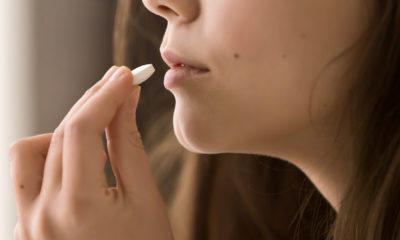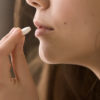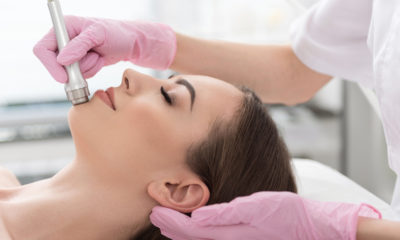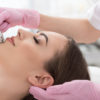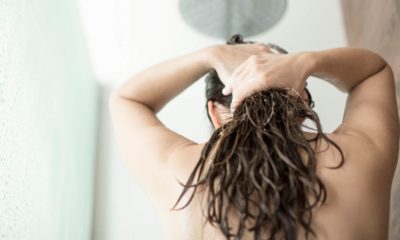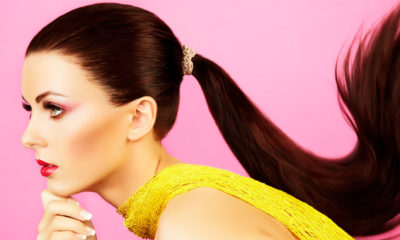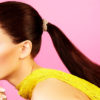Beauty
Everything You Need To Know About Dandruff
Turning 23 was pretty uneventful. I was no longer considered too young to know better because I’m now a ‘proper’ adult. This meant it was time to start thinking about my five-year plan, save for a house and get serious about my career. What I didn’t think it would involve, however, was getting dandruff.
I thought the few flakes I saw in the mirror were a one-off but as time went on, it because clear – they were here to stay. While I wasn’t particularly embarrassed about the new addition to my scalp, I was keen to find a solution quickly and I did, in the form of a Head and Shoulders bottle.
Luckily for me, a few washes with the *magical* solution left me with hair that was flake-free and luxuriously soft. This isn’t always the case for sufferers, however, so we’ve gone on a mission to answer all of your questions in the hopes of shedding a bit more light on dandruff (no pun intended).
What is dandruff?
The skin cells on your scalp are constantly being replaced and shedding. When that cycle speeds up, patches of dead skin can cause a buildup on the scalp that flake off – dandruff. This process is triggered by a yeast that naturally exists on the scalp called Malassezia furfur.
It is neither contagious nor harmful, however for many the appearance of these flakes can be embarrassing or unpleasant which is why many seek to get rid of it.
There are many causes of dandruff, some hereditary like psoriasis while some by environmental factors such as stress and cold weather.
Other causes include seborrheic dermatitis, tinea capitis, eczema and allergic contact dermatitis.
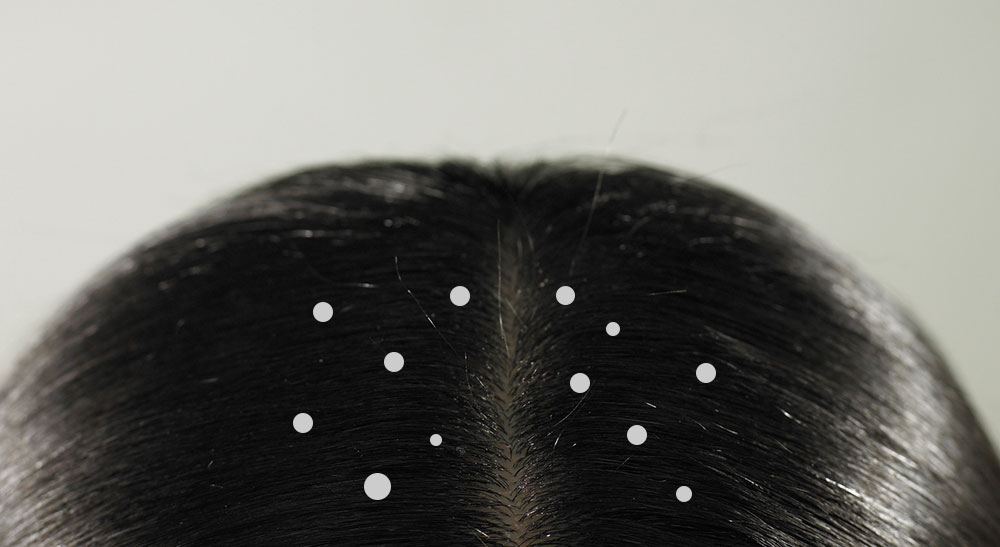
How often should you wash your hair?
Many people believe that treating dandruff includes washing your hair less. In fact, it’s the opposite. Assuming it fits into your schedule, you should wash your hair daily to rinse away flakes and debris.
Opt for a shampoo that contains one of the following ingredients:
- zinc pyrithione
- salicylic acid
- selenium sulphide
- ketoconazole
- coal tar
Will an oil treatment help?
If you Google natural remedies for dandruff, a popular solution that comes up time and time again is hot oil treatment. While rubbing warm coconut oil on the scalp may seem like a good idea, it can actually cause more irritation. Also, dandruff is already oily, so adding more oil will only result in greasier flakes.
Will my hair fall out?
There is no scientific proof that dandruff will result in hair loss. However, if your dandruff is caused by an underlying medical condition such as psoriasis or dermatitis, there may be a risk of if you pick at it.
– RELATED: 7 Natural Solutions To Your Beauty Problems –
Do I need to stop using styling products?
While your morning routine doesn’t cause dandruff, heat styling and using some styling products can irritate the scalp and result in damaged hair, product buildup and dryness of the scalp. If you keep your hair in good condition and wash daily, there should be no reason to stop using your favorite products.
If you find that your curling iron is contributing to your problems, it might be time to find alternatives that are kinder your scalp.
Is there a cure?
There is no direct cure for dandruff, but there are plenty products to help manage flakes and control the Malassezia furfur yeast that causes them. Some great options include Head & Shoulders Smooth and Silky Shampoo (my personal fave) or Nizoral Anti-Dandruff Shampoo.
If neither of these work after a month of using, it may be time to consult a dermatologist to get to the root of your dandruff issues and find a more appropriate solution for you.
For more health and beauty advice, sign up for the TRAIN for HER newsletter today!





